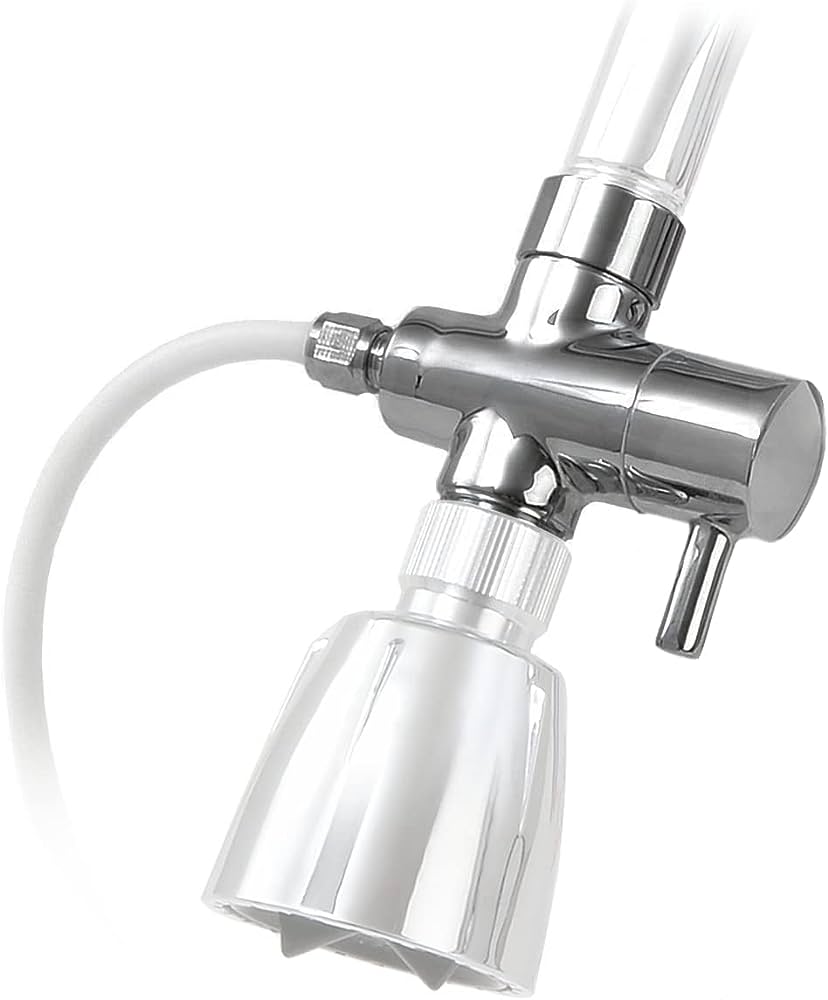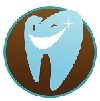
Preventing Periodontal Disease: Tips for Daily Dental Care
Introduction
Periodontal disease, also known as gum disease, is a common oral health issue that affects millions of people worldwide. It is a chronic inflammatory condition that affects the gums and supporting structures of the teeth. If left untreated, periodontal disease can lead to tooth loss and other serious health complications. However, with proper daily dental care, you can significantly reduce your risk of developing this condition. In this blog post, we will discuss some essential tips for preventing periodontal disease and maintaining optimal oral health.
1. Brush your teeth twice a day
One of the most important steps in preventing periodontal disease is to brush your teeth thoroughly at least twice a day. Use a soft-bristled toothbrush and fluoride toothpaste to gently clean all surfaces of your teeth. Pay special attention to the gumline and brush in circular motions to remove plaque effectively.
2. Floss daily

In addition to brushing, flossing daily is crucial for maintaining good oral hygiene. Flossing helps remove plaque and food particles from between your teeth and along the gumline, where a toothbrush cannot reach. Be gentle while flossing to avoid injuring your gums.
3. Use mouthwash
Using an antimicrobial mouthwash can help kill bacteria and reduce plaque buildup. Rinse your mouth with mouthwash after brushing and flossing to reach areas that may have been missed. Look for a mouthwash that contains fluoride to strengthen your teeth.
4. Maintain a balanced diet
Eating a balanced diet is not only essential for your overall health but also for your dental health. Limit your intake of sugary and acidic foods and drinks, as they can contribute to tooth decay and gum disease. Instead, opt for a diet rich in fruits, vegetables, lean proteins, and whole grains.
5. Avoid tobacco products
Smoking and using other tobacco products can significantly increase your risk of developing periodontal disease. Tobacco use weakens your immune system, making it harder for your body to fight off infections. It also reduces blood flow to the gums, making them more susceptible to disease.
6. Limit alcohol consumption
Excessive alcohol consumption can have negative effects on your oral health. It can lead to dry mouth, which increases the risk of gum disease and tooth decay. If you choose to drink alcohol, do so in moderation and remember to stay hydrated by drinking plenty of water.
7. Visit your dentist regularly
Regular dental check-ups and cleanings are essential for preventing periodontal disease. Your dentist can detect early signs of gum disease and provide appropriate treatment.
Summary
Periodontal disease is a prevalent oral health problem that can have serious consequences if not addressed. Fortunately, there are several simple yet effective measures you can take to prevent the development and progression of this condition. By following a consistent daily dental care routine, which includes brushing and flossing properly, using mouthwash, and visiting your dentist regularly, you can significantly reduce your risk of periodontal disease. Additionally, adopting a healthy lifestyle, avoiding tobacco products, and maintaining a balanced diet can further contribute to you additional info r oral health. Remember, prevention is always better than cure, so prioritize your dental care to keep your gums and teeth healthy for a lifetime.
- Q: What is periodontal disease?
- A: Periodontal disease, also known as gum disease, is an infection of the tissues that surround and support the teeth.
- Q: How can I prevent periodontal disease?
- A: You can prevent periodontal disease by practicing good oral hygiene, such as brushing your teeth twice a day, flossing daily, and visiting your dentist regularly for check-ups and cleanings.
- Q: Why is brushing my teeth important?
- A: Brushing your teeth helps remove plaque, a sticky film of bacteria that can cause gum inflammation and lead to periodontal disease.
- Q: How often should I floss?
- A: It is recommended to floss at least once a day to remove plaque and food particles from between your teeth and along the gumline.
- Q: Are there any additional tools I can use for dental care?
- A: Yes, you can consider using an antimicrobial mouthwash or an interdental cleaner, such as dental picks or water flossers, to complement your brushing and flossing routine.
- Q: Can diet affect periodontal disease?
- A: Yes, a balanced diet that is low in sugary foods and drinks can help prevent periodontal disease. Nutrients like vitamin C and calcium are also important for maintaining healthy gums and teeth.
- Q: What are the signs of periodontal disease?
- A: Common signs of periodontal disease include red, swollen or bleeding gums, persistent bad breath, loose teeth, and changes in your bite. If you experience any of these symptoms, it is important to see your dentist.
- Q: Can smoking contribute to periodontal disease?
- A: Yes, smoking is a significant risk factor for periodontal disease. It can impair the immune system, reduce blood flow to the gums, and make it harder for the gums to heal.
- Q: Is periodontal disease reversible?
- A: In its early stages,




